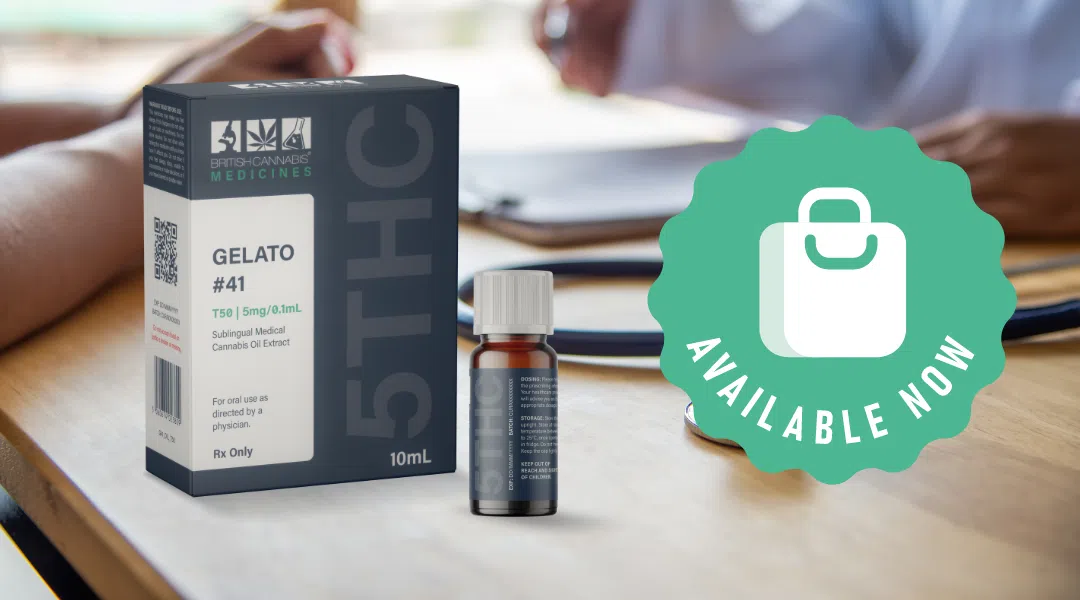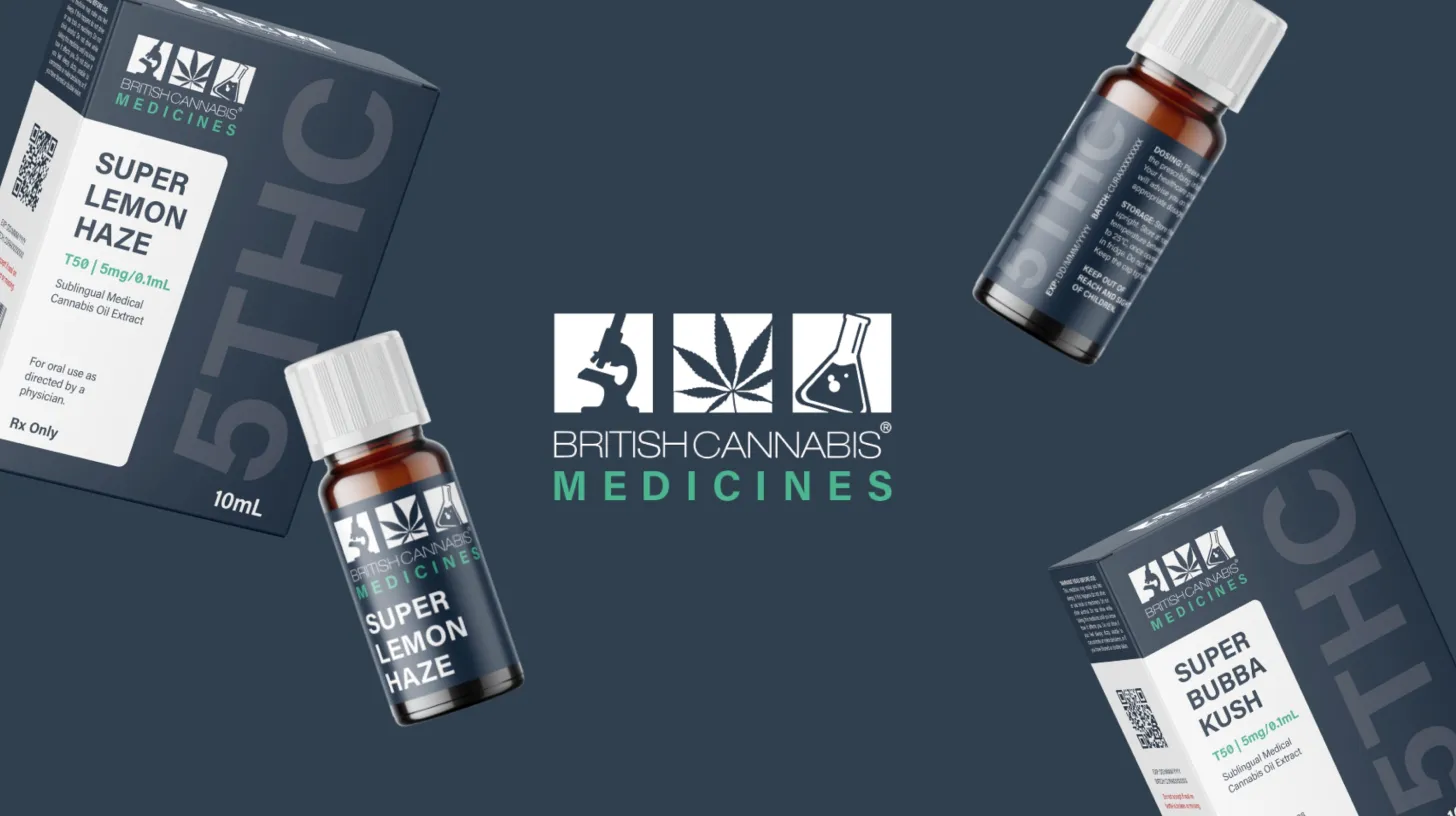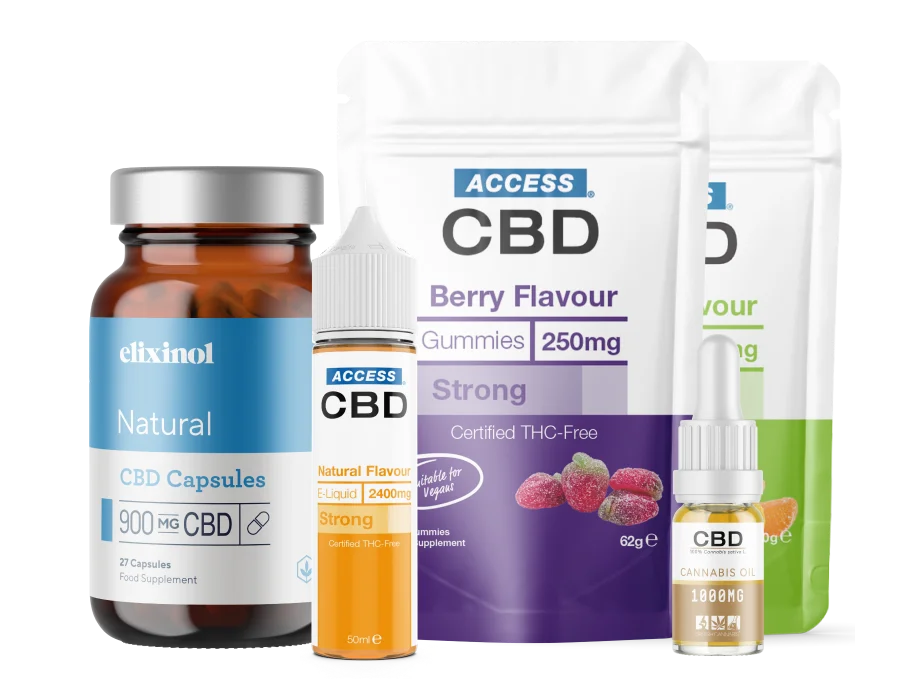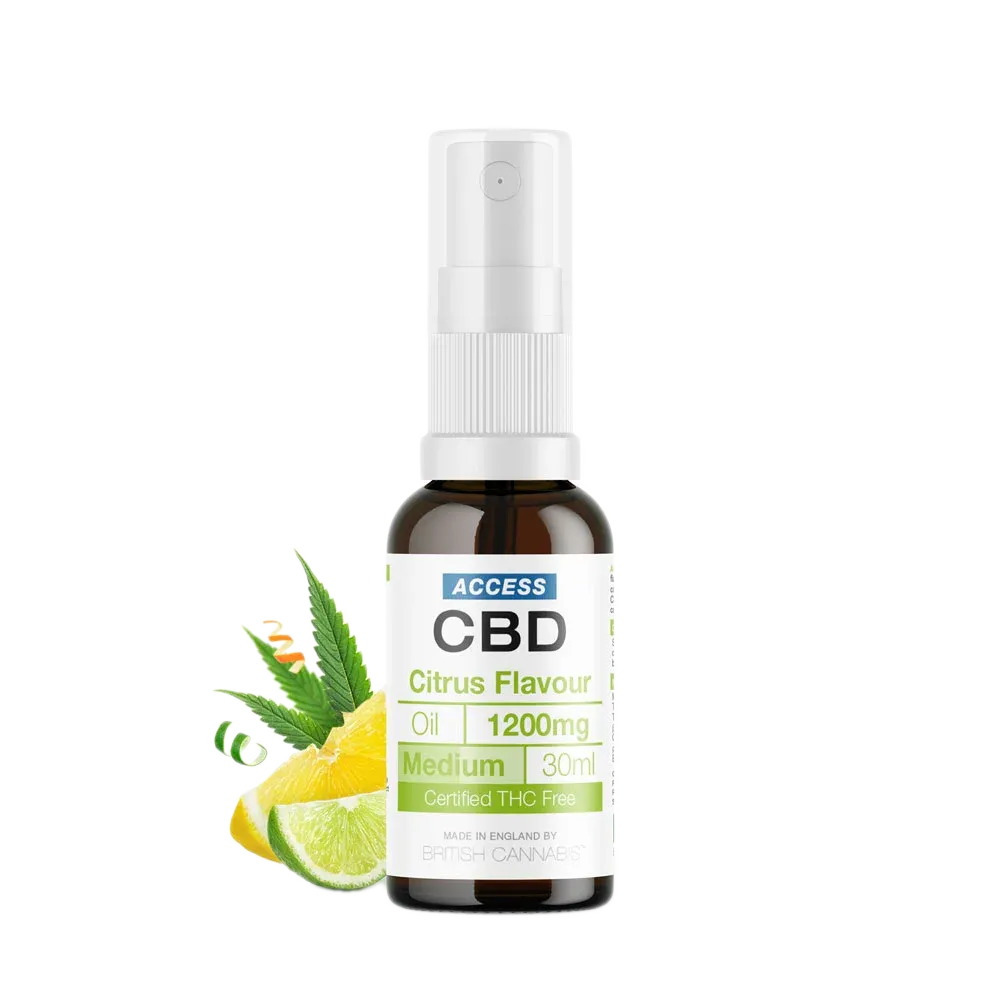
Is CBD the Secret Ingredient for Gut Health?
Cannabis, with its rich history of medicinal use, has emerged as a focal point in contemporary health discussions, particularly around its derivative, Cannabidiol (CBD).
This non-psychoactive compound has sparked interest in its potential therapeutic benefits, especially in treating conditions like irritable bowel syndrome (IBS).
IBS, a prevalent gastrointestinal disorder, manifests through symptoms such as abdominal pain, bloating, and altered bowel movements, often leading to significant discomfort and life disruptions for those affected.
The central question, “Can CBD oil help IBS.”, is gaining traction among patients and healthcare professionals alike.
This interest is rooted in the potential of CBD oil to offer a natural, holistic approach to managing the symptoms of IBS.
Studies and anecdotal evidence point to CBD’s anti-inflammatory and analgesic properties, suggesting it might interact beneficially with the body’s endocannabinoid system a key player in gut health and gastrointestinal function.
People are increasingly seeking alternatives to traditional pharmaceuticals, favouring options that align with a more holistic view of health and wellness.
CBD oil with its potential to provide relief from IBS symptoms without the psychoactive effects associated with other cannabis compounds, positions itself as an intriguing option in this evolving landscape.
This burgeoning interest in CBD for IBS symbolizes a significant shift in the approach to managing this challenging condition.
It underscores a growing recognition of the value of natural remedies and the importance of ongoing research in uncovering their full therapeutic potential.
I’ve covered a similar topic before, which you can read about CBD oil in drinks
Exploring CBD Oil's Role in IBS Management
In the ever-evolving dialogue of health and wellness, a compelling question emerges at the forefront: Can CBD oil help IBS?
This query is not just a fleeting trend but a reflection of a deeper, more informed pursuit of alternative, holistic health solutions.
Decoding Research Insights
The landscape of CBD research, particularly in the context of Irritable Bowel Syndrome, paints a promising picture.
Studies diving into the realm of CBD for IBS have shed light on its potential to alleviate the quintessential symptoms of this condition pain and inflammation.
This narrative is not just about symptoms, it’s about a shift in understanding and managing a condition that affects millions.
A Critical Overview of CBD Studies
The journey through various studies reveals a consistent theme: the potential of CBD oil in addressing the discomfort and distress associated with IBS.
These investigations are not just data points, they are stories of hope and possibilities, of finding relief in a natural compound that speaks to a more organic approach to wellbeing.
Navigating Regulatory Perspectives
While the FDA’s official stance on CBD for IBS remains cautious, the evolving landscape of research and anecdotal experiences continue to spark curiosity and hope.
This is a dialogue that goes beyond regulatory boundaries, inviting a broader conversation about choices, wellness, and the future of health treatments.
Exploring the Broader Canvas of Cannabinoids and IBS
The narrative of cannabinoids, including the likes of CBD and THC-based dronabinol, in managing IBS symptoms is rich and varied.
These substances, once on the fringes of medical discussions, are now at the centre of a transformative conversation about gastrointestinal health and innovative treatments.
The Story of Medical Cannabis: A Spectrum of Possibilities
The journey of medical cannabis, particularly for conditions like IBS, is not just about a single compound or treatment.
It’s a mosaic of possibilities, each piece representing a potential pathway to relief and a deeper understanding of a condition that has long perplexed both patients and practitioners.
Cannabis, Colonic Motility, and Inflammation: A New Understanding
In exploring the effects of cannabis products, including CBD oil and weed, on colonic motility and inflammation, a new chapter is being written in the story of IBS treatment.
This is not just research; it’s an exploration into how a plant, once viewed with scepticism, is now leading a revolution in understanding and treating a complex condition.
In essence, the discussion around CBD oil IBS or Weed and IBS is more than a health trend.
It’s a paradigm shift in the narrative of IBS treatment, a shift that speaks to a future where natural remedies and traditional healthcare coalesce to offer new hope and solutions.
Choosing the Right CBD for IBS
Navigating the world of CBD for IBS treatment can be as intricate as understanding the condition itself.
With various types of CBD available, choosing the right one is crucial for those seeking relief from irritable bowel syndrome.
Understanding the Types of CBD
Full-Spectrum CBD:
This type contains all compounds found in cannabis, including THC, providing what is known as the “entourage effect” a synergistic interaction that may enhance therapeutic benefits.Broad-Spectrum CBD:
Similar to full-spectrum, but with THC removed, making it a middle ground for those who want the benefits of the entourage effect without THC.CBD Isolate:
The purest form of CBD, free of other cannabis compounds, is ideal for individuals who want to avoid THC entirely.
Recommended Ingestion Methods
For IBS, edibles or sublingual drops are generally recommended over topicals.
These methods ensure CBD is absorbed directly into the bloodstream, potentially offering more effective symptom relief.
Consulting a Healthcare Professional
It’s imperative to consult a healthcare professional before starting CBD, especially when considering its use for a condition like IBS.
They can provide personalized advice and ensure it doesn’t interfere with other treatments.
Tips to Find a Quality CBD Product
Source of Hemp:
Knowing where the hemp used in CBD products is sourced is crucial for quality assurance.Third-Party Testing:
Look for products tested by reputable third parties like British Cannabis for purity and safety.Check Potency:
Verify the potency on product labels to ensure you’re getting the right concentration.Individualized Dosing:
Start with a small dose and adjust as needed, as CBD dosing is highly individualized.Caution for Specific Groups:
Pregnant or nursing individuals should avoid CBD use due to potential risks.
Additional Considerations
Transparency of Ingredients:
Ensure the product label lists all ingredients.Customer Reviews and Feedback:
Check customer reviews for insights into product efficacy and quality.Avoiding Additives:
Steers clear of products with unnecessary additives or artificial ingredients.Legal Compliance:
Ensure the product complies with local and federal laws, particularly concerning THC content.
In summary, the choice of CBD product for IBS should be made carefully, considering both the type of CBD and the quality of the product. Consulting with healthcare professionals and thorough research are key steps in this journey towards managing CBD for IBS.

Potential Risks and Side Effects
While CBD is generally well-tolerated by most individuals, it’s important to be aware of the possible risks and side effects, especially when considering it for conditions like Irritable Bowel Syndrome (IBS).
Tolerance of CBD
- Most people can use CBD without severe adverse effects. Its reputation for being non-intoxicating and having a good safety profile makes it a candidate for further exploration in various therapeutic areas, including IBS management.
Common Side Effects
- While CBD is considered safe, some users may experience side effects.
These can include fatigue, changes in appetite, and gastrointestinal issues, which are particularly relevant for those with IBS. Dizziness and changes in mood or alertness are also reported in some cases.
Potential Interactions with Medications
- One crucial consideration is CBD’s potential to interact with other medications.
CBD can affect the way the body metabolizes certain drugs, which could lead to increased side effects or reduced effectiveness of these medications.
Consulting with a healthcare provider before starting CBD, especially for those on other medications, is essential.
Lack of Long-Term Use Data
- Another consideration is the lack of extensive long-term use data. While current research indicates CBD’s potential benefits and safety, the long-term effects, particularly in the context of chronic conditions like IBS, remain less understood.
Ongoing studies and clinical trials are essential to provide more comprehensive data in this area.
Frequently Asked Questions
1. Can CBD Oil Help with IBS Symptoms?
- While research is ongoing, early studies and anecdotal evidence suggest that CBD oil may help alleviate symptoms of IBS, such as inflammation and pain. However, more comprehensive research is needed for a definitive answer.
2. What is the Best Way to Use CBD for IBS?
- CBD oil can be taken orally in the form of capsules, edibles, or tinctures. These methods allow for direct absorption into the bloodstream, which may be more effective for internal conditions like IBS.
3. Are There Any Side Effects of Using CBD for IBS?
- Common side effects of CBD include fatigue, changes in appetite, and gastrointestinal issues. It’s important to start with a low dose and monitor your body’s response.
4. How Long Does It Take for CBD to Affect IBS Symptoms?
- The time it takes for CBD to affect IBS symptoms can vary depending on the individual and the method of consumption.
Some people may notice improvements within a few hours, while for others, it might take longer.
5. Can CBD Interact with Other IBS Medications?
- CBD has the potential to interact with other medications by affecting how the body metabolizes them.
Always consult a healthcare provider before combining CBD with other treatments.
6. Is CBD Legal for Treating IBS?
- The legality of CBD varies by location and often depends on the source of the CBD and its THC content.
Check local regulations to determine the legal status of CBD in your area.
7. How Much CBD Should I Take for IBS?
- There is no one-size-fits-all dosage for CBD in IBS treatment.
It’s recommended to start with a small dose and gradually increase it while monitoring your body’s response.
8. Does the Type of CBD Matter for IBS?
- Yes, the type of CBD (full-spectrum, broad-spectrum, or isolate) can affect its efficacy.
Full-spectrum CBD is often recommended for its entourage effect, but the choice should be based on individual preferences and tolerance.
9. Will CBD for IBS Show Up on a Drug Test?
- Full-spectrum CBD products contain trace amounts of THC, which might show up on a drug test.
If this is a concern, consider using broad-spectrum or isolate CBD products which are THC-free.
10. Can I Use CBD Topically for IBS?
- While topical CBD is effective for localized issues, it’s less likely to provide relief for internal conditions like IBS.
Oral ingestion is typically recommended for gastrointestinal issues.
This FAQ section addresses common questions about using CBD for IBS
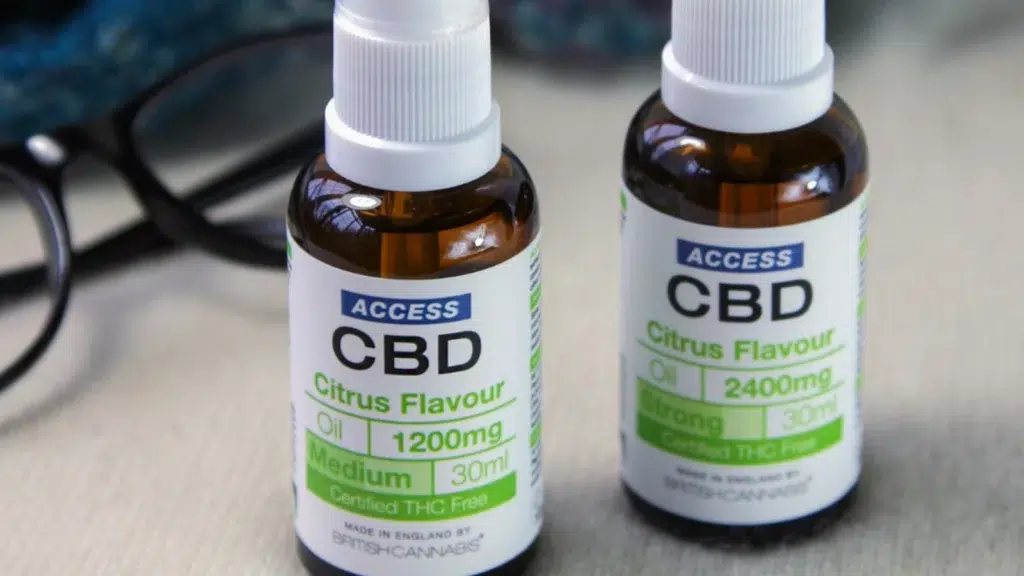
Conclusion: Can CBD Oil Help IBS?
In conclusion, the exploration into whether CBD oil can help IBS is an evolving landscape rich with potential but still in its early stages.
Current research, while promising, indicates the need for further comprehensive studies to fully understand the efficacy and safety of CBD for IBS.
The anecdotes and preliminary studies offer a glimpse of hope, suggesting that CBD oil, and potentially other forms of cannabis like weed, may provide relief for those suffering from the symptoms of Irritable Bowel Syndrome.
It’s essential for individuals considering CBD for IBS to approach this option with both optimism and caution.
The journey of understanding is ongoing, and while the early signs are encouraging, they are not conclusive.
The complexities of IBS, coupled with the varied responses to CBD, necessitate a personalized approach to treatment.
Therefore, it is highly recommended to consult with a healthcare professional before embarking on a treatment plan involving CBD.
A doctor can provide tailored advice based on an individual’s specific condition, medical history, and current medications.
This professional guidance is crucial in safely navigating the use of CBD for IBS, ensuring that it complements existing treatment regimens and addresses the unique aspects of each person’s health journey.
For now, CBD stands as a potential beacon of relief, a natural option in the diverse toolkit available for managing this challenging and often debilitating condition.
References
Brugnatelli, V., Turco, F., Freo, U., & Zanette, G. (2020). Irritable Bowel Syndrome: Manipulating the Endocannabinoid System as First-Line Treatment. Frontiers in Neuroscience. Retrieved from https://www.frontiersin.org/articles/10.3389/fnins.2020.00371/full
Izzo, A.A. (2019). Endocannabinoid system in irritable bowel syndrome and cannabis as a therapy. Complementary Therapies in Medicine. Retrieved from https://www.sciencedirect.com/science/article/abs/pii/S0965229919310179



